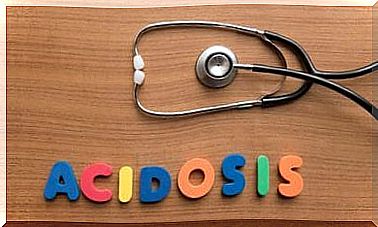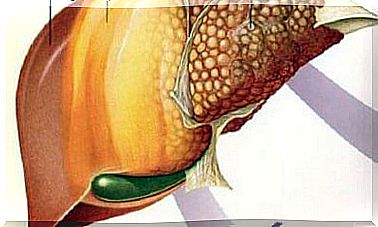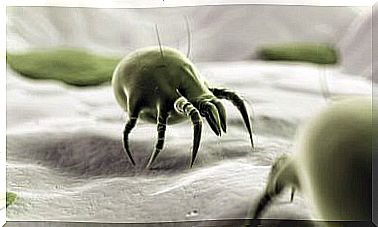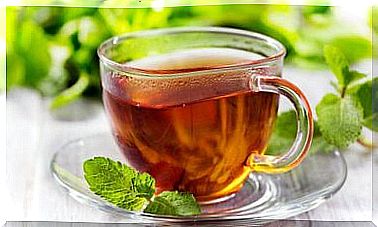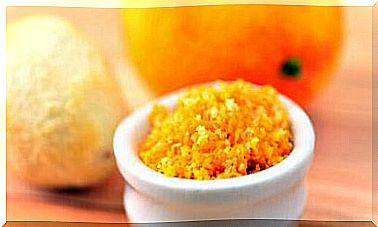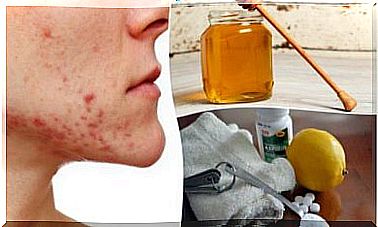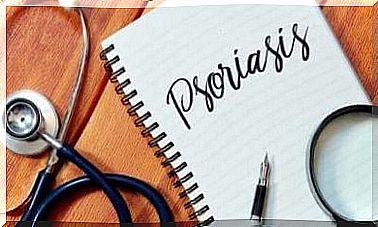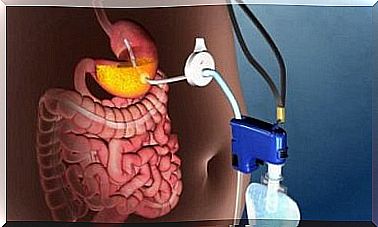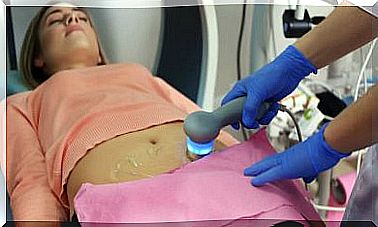Sick Liver – 8 Most Important Symptoms
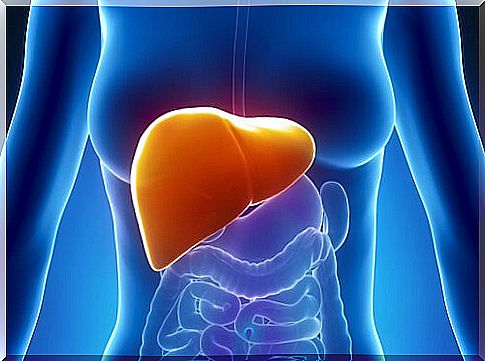
The liver is one of the most important organs in the body. It has countless functions necessary for the health and proper functioning of the body. Therefore, it is extremely important to observe and recognize in advance any symptoms of a diseased liver that may indicate the presence of disorders related to this organ.
Let’s get to know some symptoms to help you know if the cause is a bad liver or not .
Remember that the liver has 3 essential functions in the body: it cleans the blood by removing toxins and cells that are no longer needed; helps in the synthesis of carbohydrates and fats and prevents hemorrhages. It has a storage function, thanks to which our body is able to store vitamins A, D, K and E, necessary for energy production.
Sick liver: 8 common symptoms

1. Nausea
It is the first and the most visible symptom of liver disorders. Sometimes you feel bad after eating. It is difficult for you, you have nausea, dizziness and sometimes vomiting. Such situations happen to everyone. Do not worry, as they do not have to clearly indicate that their cause is a sick liver. However, if they do not go away or, on the contrary, keep coming back, see your doctor as soon as possible.
2. Pain in the upper abdomen
Pains in the upper abdomen, just below the ribs, even reaching the back, indicate the liver. Sometimes they are accompanied by swelling in the abdominal cavity, burning sensation and even fever. If you notice any of the above symptoms, don’t hesitate. Contact your doctor. It may be caused by inflammation or hepatic colic, but it cannot be ruled out that it is simply a sick liver.
3. Jaundice
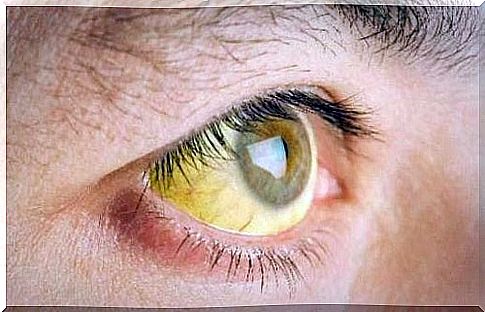
Jaundice is a discoloration of the skin in a yellow tone that covers large areas of the face and body. This happens when we observe an excessive amount of bilirubin (bile) in the body and blood. These changes can be triggered by liver problems. This is one of the first symptoms of viral hepatitis.
4. Fatigue and weakness
Every time we experience any liver problems, we feel tired, exhausted, and lacking appetite. However, these symptoms are so normal that you should not immediately associate them with liver disorders. After all, everyone is entitled to a “bad day”. But when they are continuous, when lack of appetite and exhaustion accompany us every day, it is necessary to contact a doctor immediately.
5. Fever
Sometimes patients experience abdominal pain accompanied by a feeling of swelling, heaviness and fatigue. If you notice such symptoms, be sure to take your temperature. In such cases, fever is synonymous with inflammation and infection. This must not be forgotten!
6. Light color of the stool
Watch the color of your stool as you go to the bathroom. A sick liver often makes itself felt through light stools.
7. Feeling itchy
It is caused by a build-up of bile under the skin. Your body itches and you feel uncomfortable as the blood reacts with all the toxins stored in your body that the diseased liver has stopped filtering.
8. Bleeding and bruising
These are two more, but not so common, symptoms associated with liver disease. Frequent nosebleeds or bruises for no apparent reason are associated with protein deficiency and hence poor liver function. This should be realized.
All of the signs described here could indicate liver problems. However, the doctor is the one who determines whether you have symptoms of a fatty liver, hepatitis, or any other disease of this organ. All the described symptoms are usually very similar to each other and only a medical examination can verify what kind of liver disease the patient has.
How to take care of your liver?
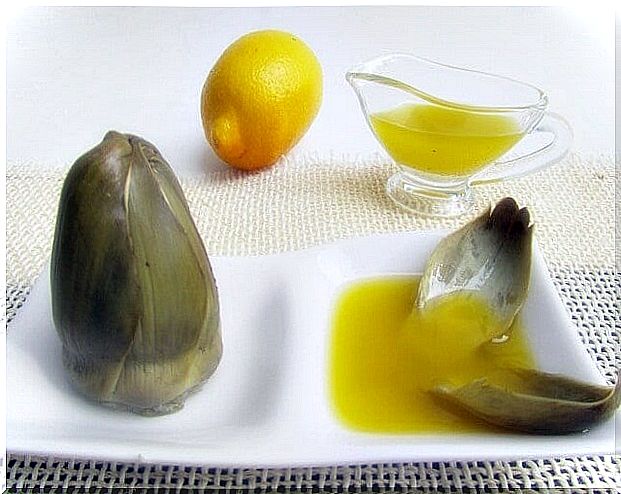
With this in mind, it is recommended that you follow these guidelines:
- Eat vegetables and fruits every day, especially those that help cleanse the liver. Basically these are: apples, kiwi, grapes, cherries, spinach, artichoke, asparagus and radishes.
- Avoid frozen foods, fried foods, and foods high in proteins and carbohydrates.
- Avoid highly sweetened and alcoholic beverages.
- Consume antioxidants: oranges, lemons, blueberries, tomatoes, etc.
- Be careful when taking medications. They are the great enemy of the liver.
